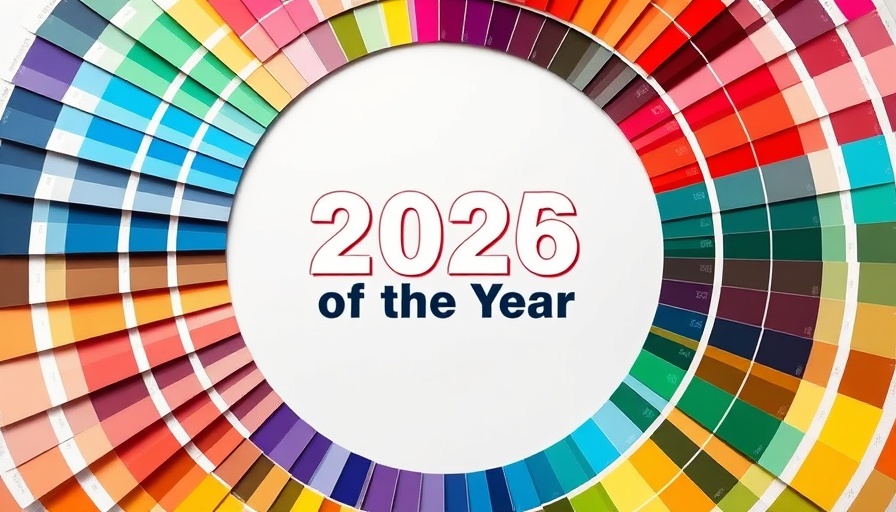
The Growing Importance of Permeable Landscaping
In the face of increasingly volatile weather patterns, homeowners must rethink traditional landscaping techniques, particularly in urban areas like London. The frequent occurrences of heavy rainfall can lead to property damage and water pollution if stormwater runoff is not managed adequately. This is where permeable landscaping comes into play, providing a sustainable solution to mitigate these issues.
Understanding Stormwater Management
Stormwater runoff occurs when rain falls on impervious surfaces such as concrete or asphalt. With urban concrete jungles becoming the norm, this runoff can overwhelm drainage systems, leading to flooding and water pollution. By adopting permeable landscaping strategies, homeowners can help manage this runoff effectively, allowing water to infiltrate the soil, recharge aquifers, and reduce the risk of flooding in basements.
Benefits of Permeable Surfaces
Permeable surfaces, those designed to allow water movement through them, are essential for sustainable landscaping. They serve dual purposes: managing runoff and enhancing aesthetics. Popular options include permeable pavers, gravel driveways, and permeable asphalt. These surfaces not only lessen the load on drainage systems but also improve water quality by filtering pollutants before they enter local waterways. By opting for permeable solutions, homeowners take a proactive step towards environmental stewardship.
Implementing Permeable Solutions: Practical Steps
Implementing permeable landscaping is more straightforward than many might imagine. Here are a few tips:
- Assess Drainage Needs: Evaluate your property to determine how much water runoff you have during heavy rains. Soil conditions will also dictate what permeable materials may work best.
- Choose the Right Materials: Select landscaping materials specifically designed for permeability. For driveways, permeable pavers or permeable concrete can be excellent choices.
- Consult Professionals: Working with landscape architects or contractors specializing in permeable surfaces can provide expertise and insights for optimal design.
Challenges and Counterarguments
While permeable landscaping offers numerous benefits, the initial installation cost may deter some homeowners. Moreover, proper maintenance, such as regular cleaning and monitoring, is crucial to ensure these surfaces function as intended. Addressing these concerns through education can help homeowners appreciate the long-term advantages of investing in permeable solutions.
Future Trends in Urban Landscaping
As climate change continues to alter weather patterns, the necessity for effective stormwater management will only grow. Urban design will likely see greater integration of green infrastructure. This includes not only permeable landscaping but also rain gardens, green roofs, and bio-swales, all designed to work holistically to manage rainwater at the source.
Key Takeaway: Moving Towards Sustainability
By understanding the importance of permeable landscaping and integrating it into their homes, London homeowners can significantly impact their local environment. Not only will they protect their properties from flooding, but they will also contribute to healthier waterways by reducing runoff pollution. Empowered with knowledge, homeowners have the tools to create a more sustainable future.
Take Action Now!
If you’re a homeowner in London, consider evaluating your property for potential permeable landscaping solutions. Engage a local expert to discuss your options and help design an effective stormwater management plan to mitigate future flooding issues. Your proactive choices can lead to a stronger community and a cleaner environment.
 Add Row
Add Row  Add
Add 




Write A Comment